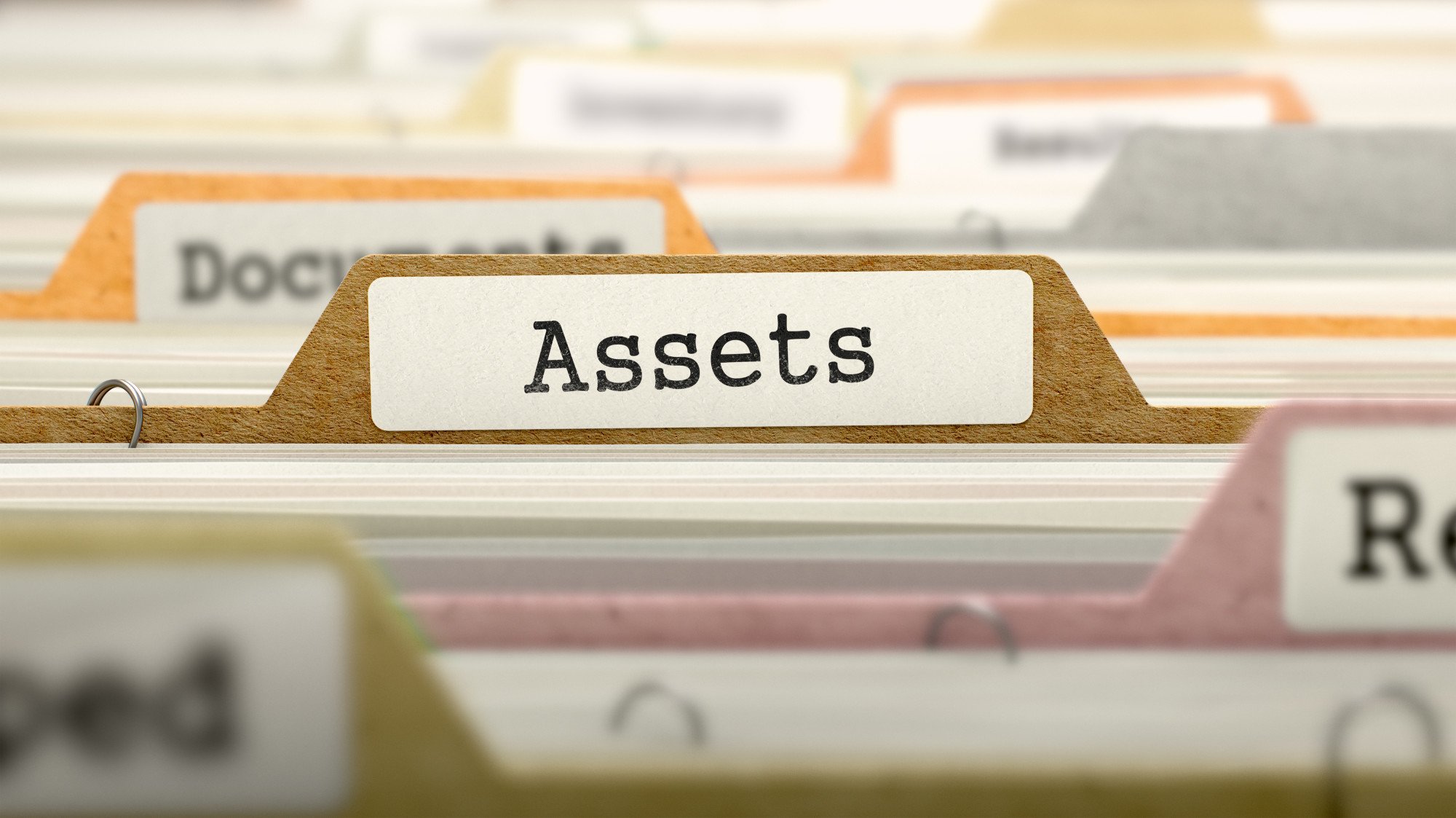

Did you know that multiple people and businesses fail because people don’t understand proper money management habits? When you don’t understand how to take care of your financial health, it can have dire consequences in the future that affect you in more ways than one.
If you’re looking for a daily money manager to help you keep things on track, you’ve come to the right place. Below, you’ll find a brief guide detailing how a daily money manager can help you create healthier spending habits.
Stop and Think Before Buying?
Did you know everything placed closer to the register is put there on purpose? It’s because they understand that when people get closer to the register and see these items, they have a shorter amount of time to decide whether to buy something or not.
This leads them to make what is known as an impulse buy. It’s usually something you don’t need that you’re buying, but buy anyway. After a while, these types of purchases add up until you realize how much money you’ve spent on items like this.
For this reason, we encourage you to stop and think before buying something. We understand these things seem necessary to buy at that moment, but when you stop thinking about it, you might realize you don’t need it.
For some people, the best thing to do is give yourself a specific time period before buying. If you reach the end of the allotted period and determine you still want to make the purchase, go for it.
However, if you’ve forgotten about the purchase altogether by the end of the period, it’s not something you need to buy in the first place.
Set a Budget and Stick to It
The next thing you should do is start looking into budget planning. You must determine how much you want to spend each month and move forward. When you create a budget, once you’ve reached your monthly limit, you need to ensure that you don’t go over it, which is the point of setting a budget and sticking to it.
The best way to set a budget is to determine your monthly expenses. Things such as paying rent or paying bills like a cellphone or internet. Once these expenses have been noted, you can note the extra things, like traveling or entertainment.
This will give you a better idea of your monthly spending. From there, you can remove certain expenses until you’ve reached the financial goals you’ve been looking to achieve.
Use a Daily Money Manager
Daily money managers are useful because they can draw attention to buys you’re making throughout the day that you would otherwise not be aware of. A daily money manager can also help you create a plan to pay the bills that you currently have and reduce your debts.
In some cases, seeking a loan to pay your debt off quickly will serve you better than if you continued to make monthly payments. Of course, you will need to pay this loan back, but consolidating your debt and improving your credit score in the long run is helpful to achieving and improving your financial health.
Money managers can help you negotiate with the bill collectors who are after you about making payments. This is helpful because they understand the right wording to use and how to get an agreement that serves both parties.
Set Tangible Goals Using the SMART Format
If you’re looking for tips to save money, the first one we have to offer you is to set goals. We recommend using the SMART format when you’re setting your financial goals.
The first is to make the goals as specific as possible because if they are too broad, you will find it challenging to develop a plan that will help you achieve them. Next, you should ensure these goals are measurable.
If you’re unable to determine your progress towards each goal, you’re not going to know if you’re taking the right steps. Certain measures you might want to keep an eye on are: is my credit card debt decreasing?
Do I have extra cash flow for the month? The goals you set should be achievable, which again means you’re able to actually make a plan to work towards them. Don’t forget that your goals should be realistic.
For example, if you’re making minimum wage, setting a goal of saving 15,000 dollars in one year could be unrealistic and challenging for you to achieve while also taking care of other things in your life.
The goals you set should also be timely. You want to avoid setting goals that will take years to achieve because it can cause you to lose your motivation to achieve them. Instead, set shorter milestones that you can celebrate as you continue moving towards the more significant goals.
SMART goals are the best goals.
Use Automated Services
Using automated services takes the guesswork out of remembering when all your bills need to be paid. It also can help improve your credit score because no matter what, the money is being pulled out of your account at the same time each month.
When this happens, it makes it easier not to spend the money you need to dedicate towards your bills. Automating your bills is easy and can be set up within your bank app, or you can use the portals provided by the power and utility companies.
Most apartments and homes allow people to make monthly payments using an online tenant portal. Ensure you take advantage of getting a leg up on your monthly bills.
Using a Daily Money Manager for a Healthier Financial Future
When you’re looking to improve your finances, getting a hold of your spending and budgeting is crucial. In some cases, the best thing to do will be to apply for a loan to consolidate and pay off some of your debts.
If you’re ready to do this, apply for a loan with Credito today. We understand your need for a daily money manager and want to help you move forward.





